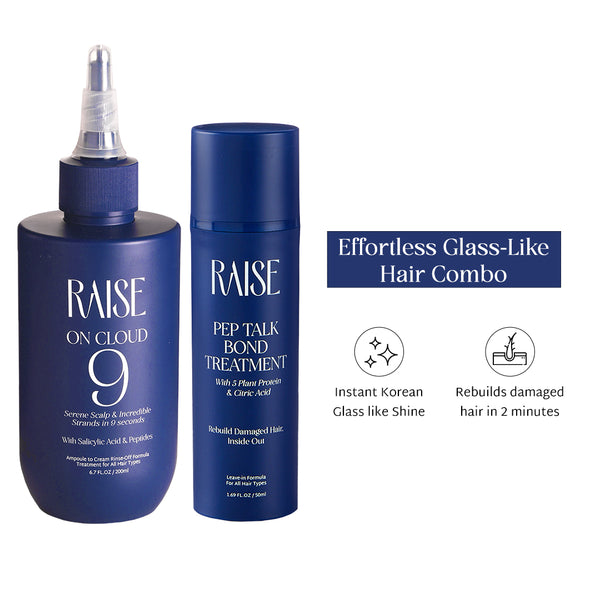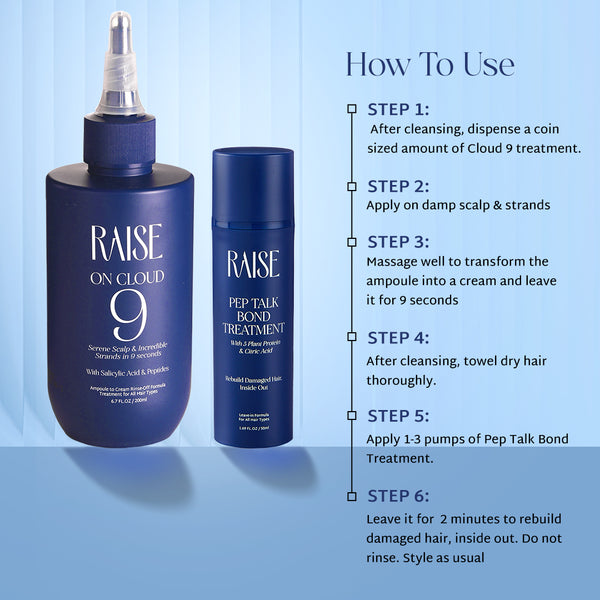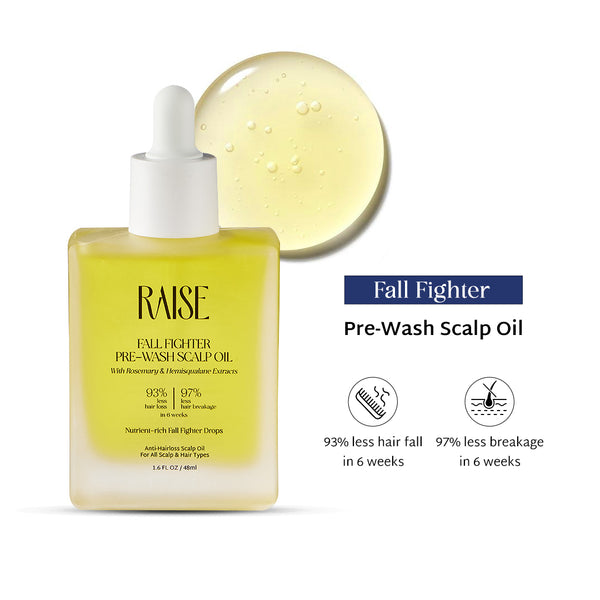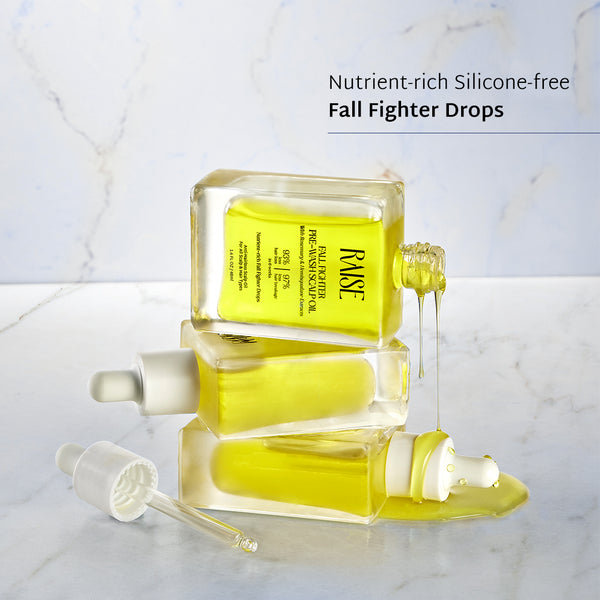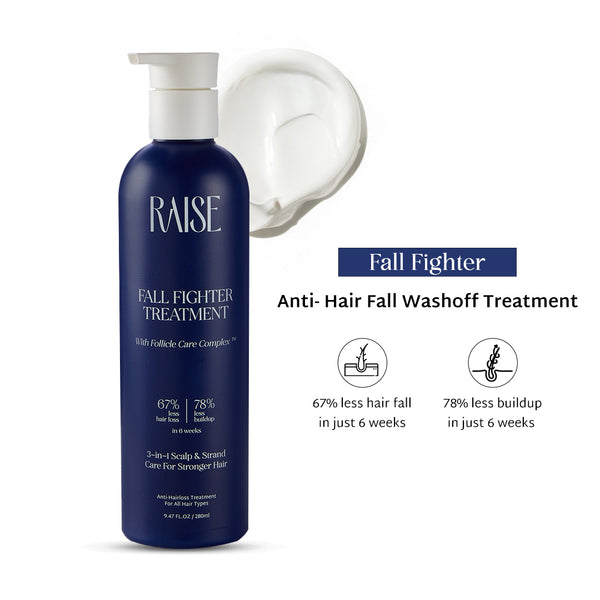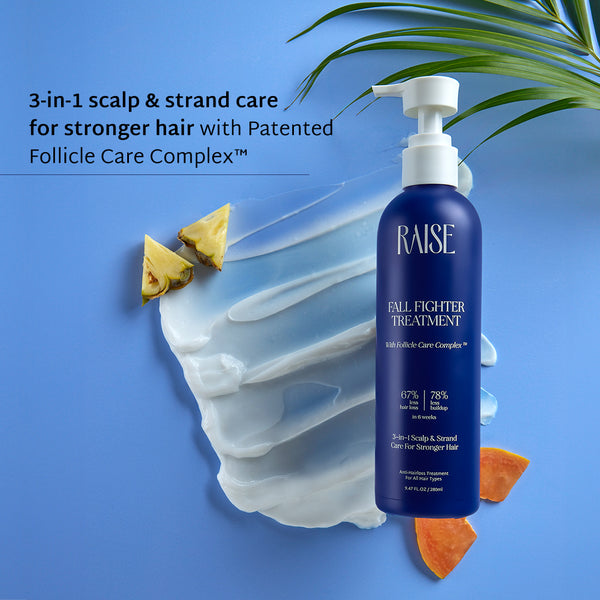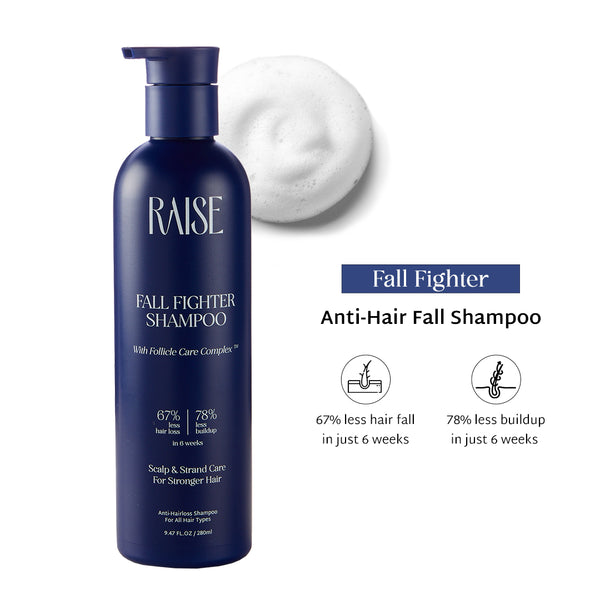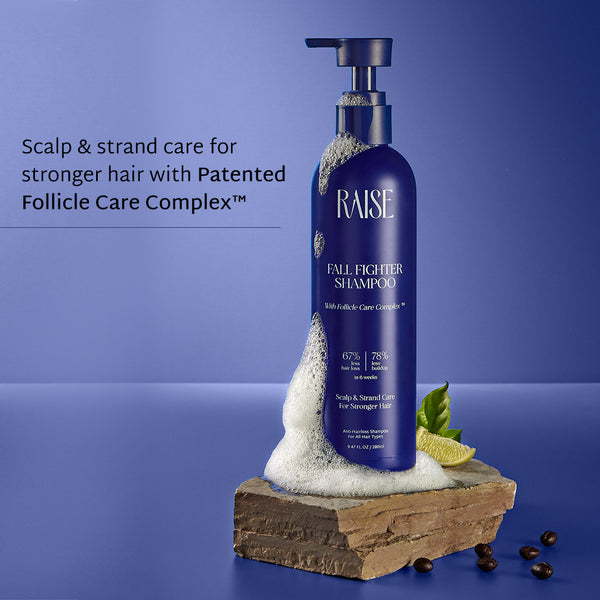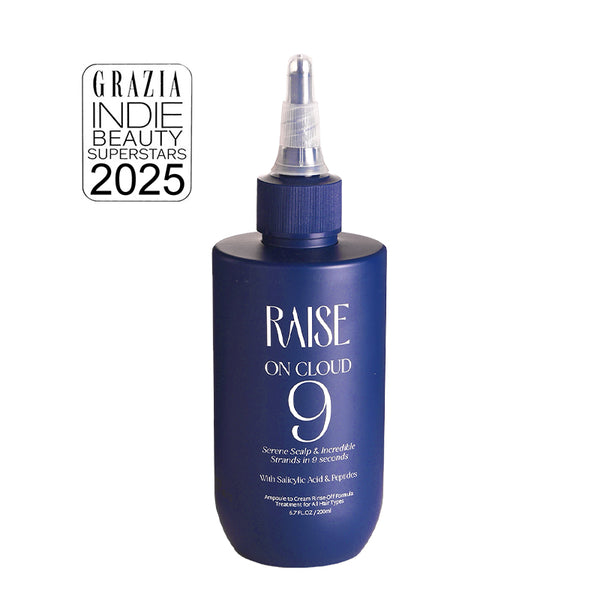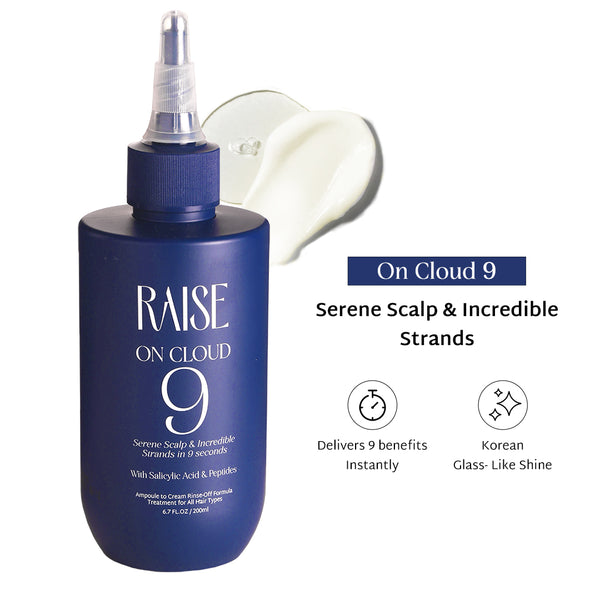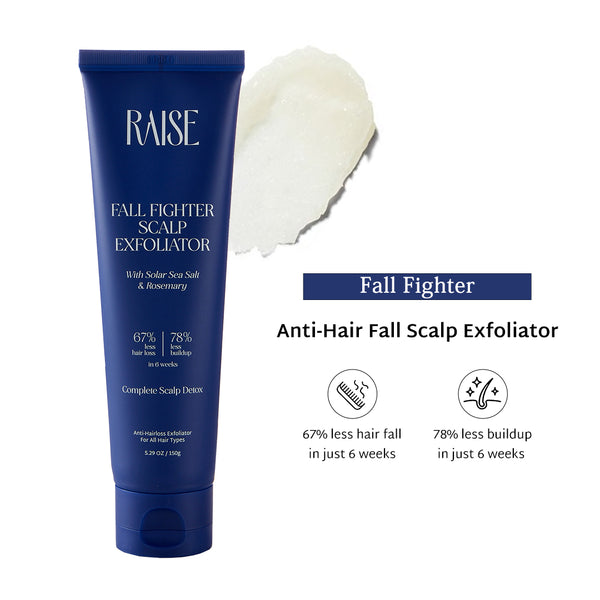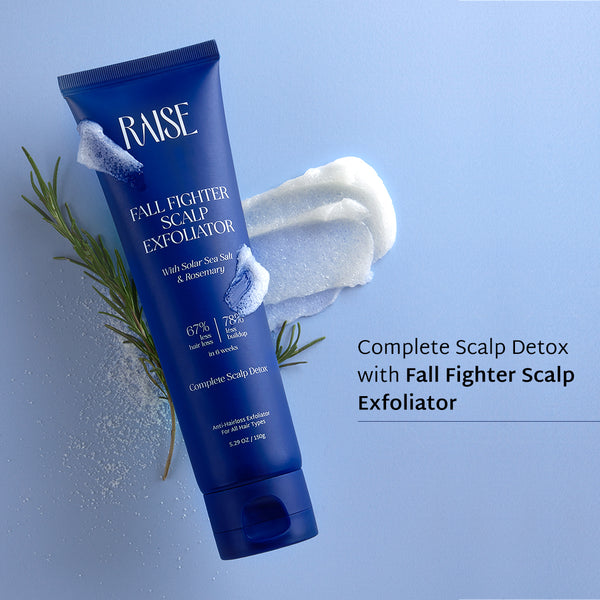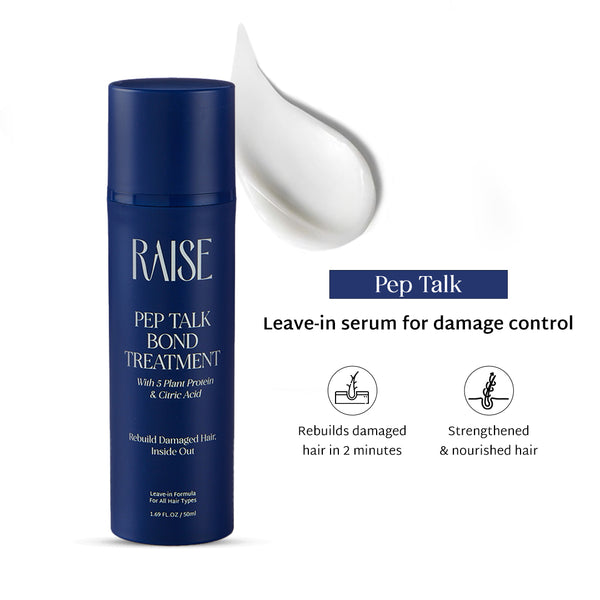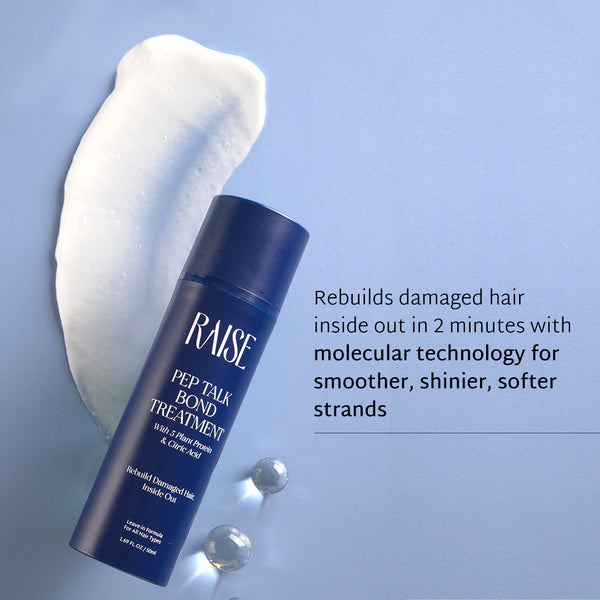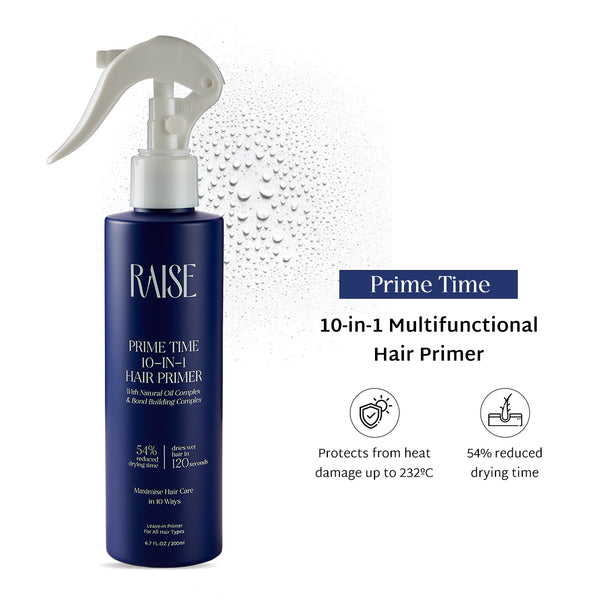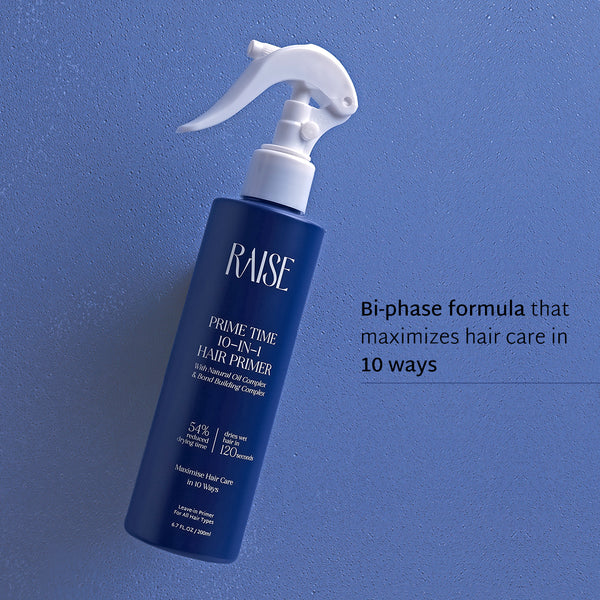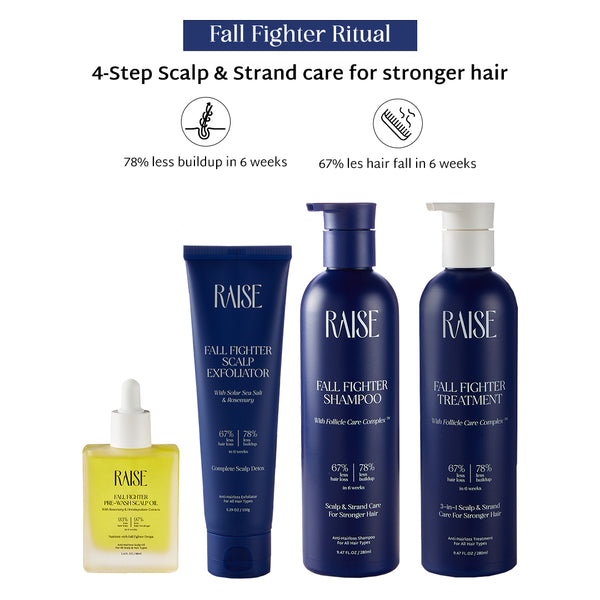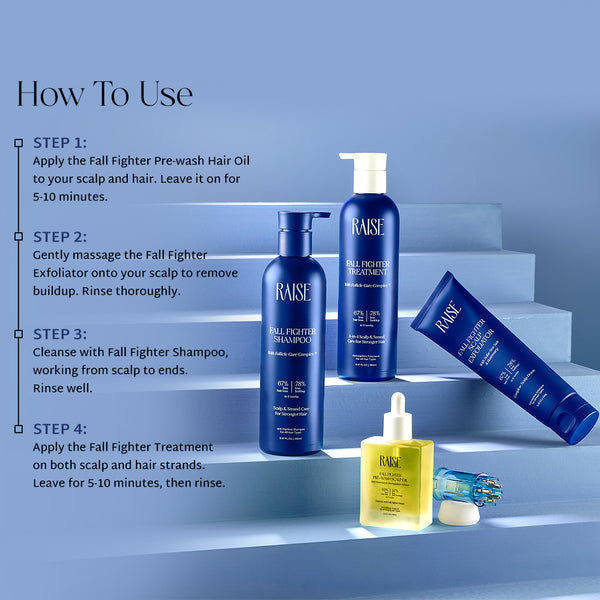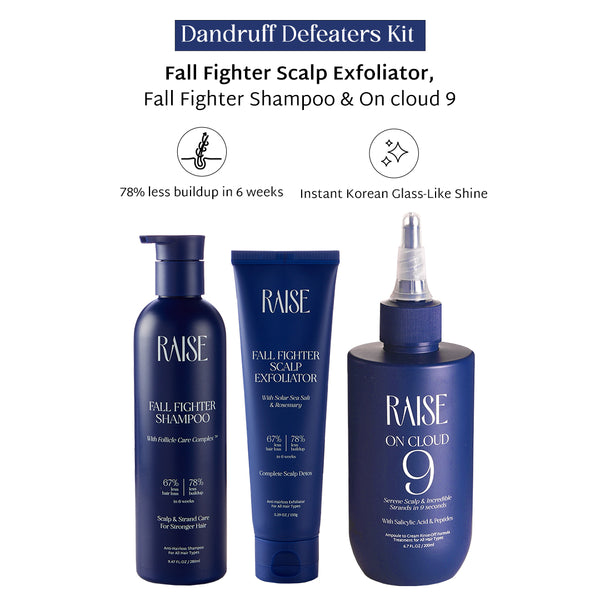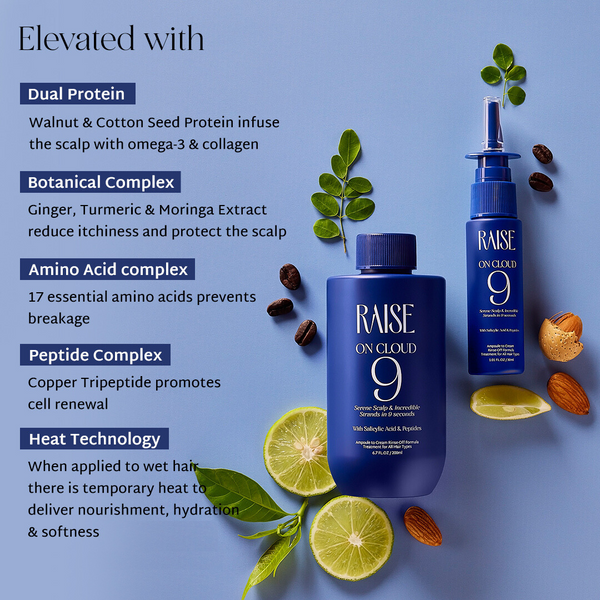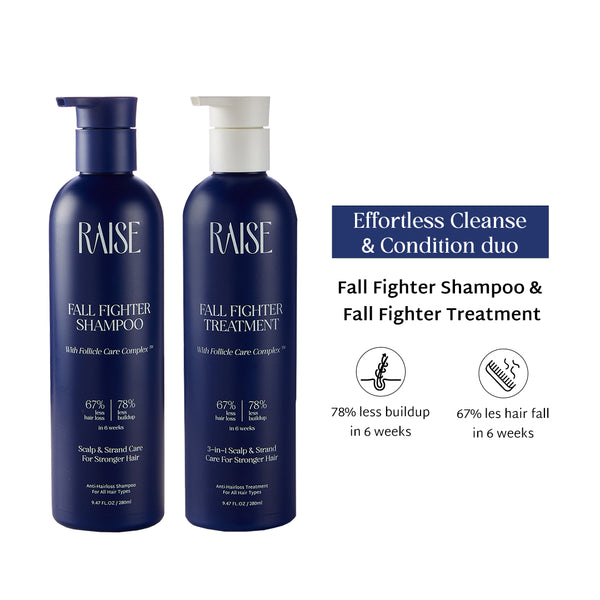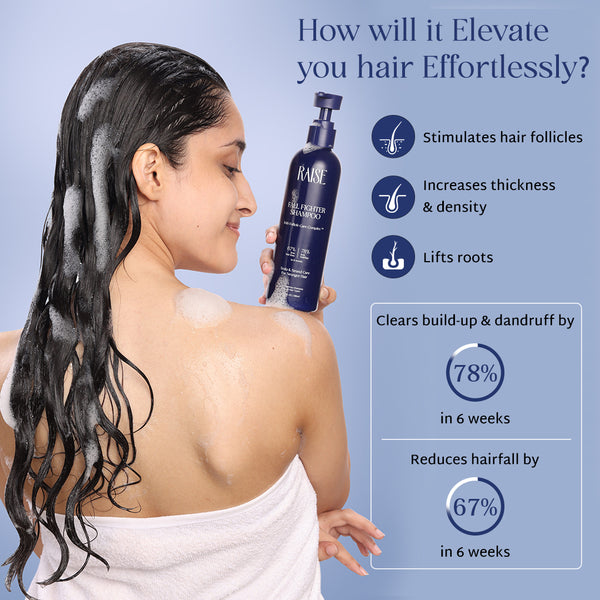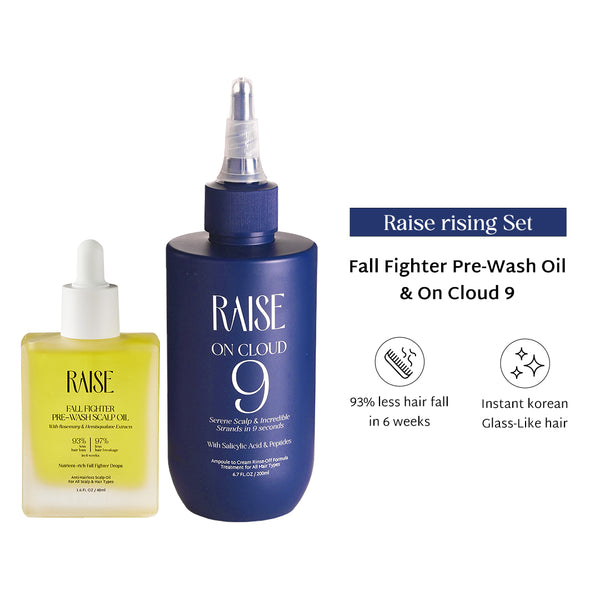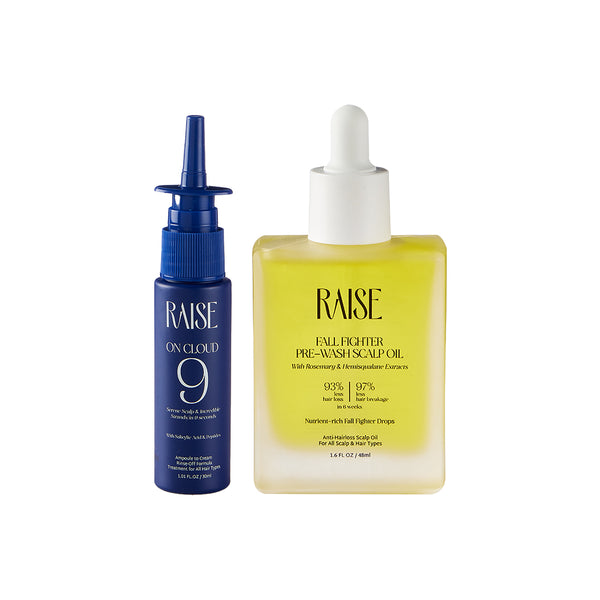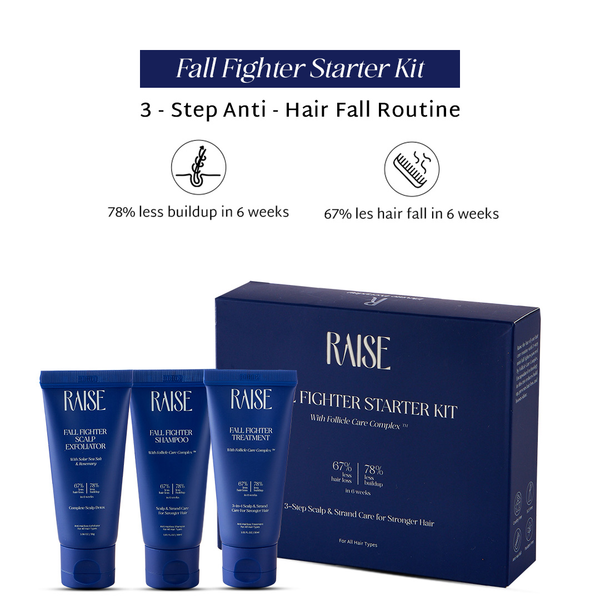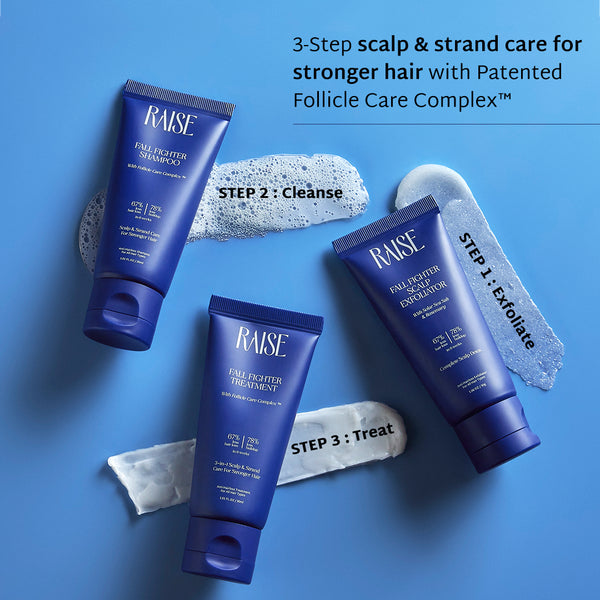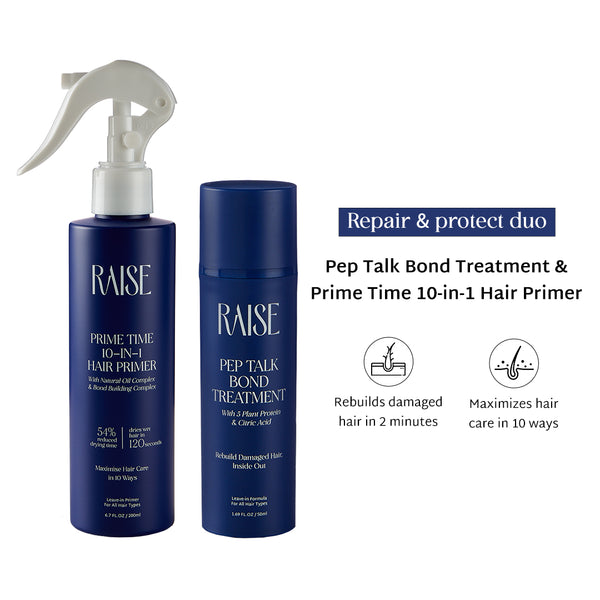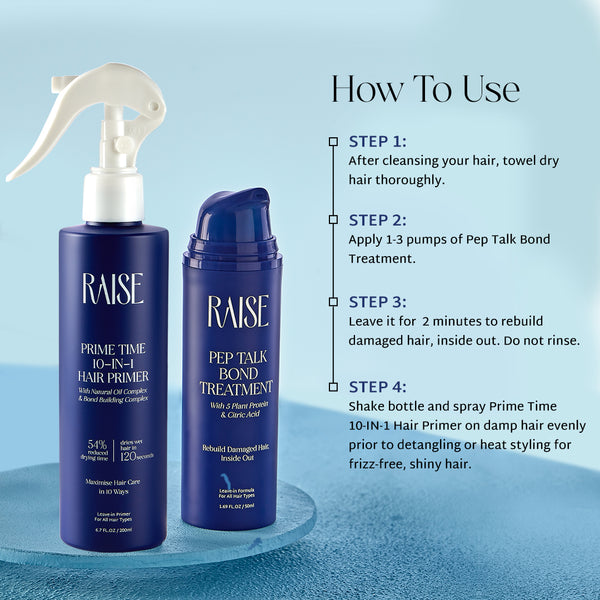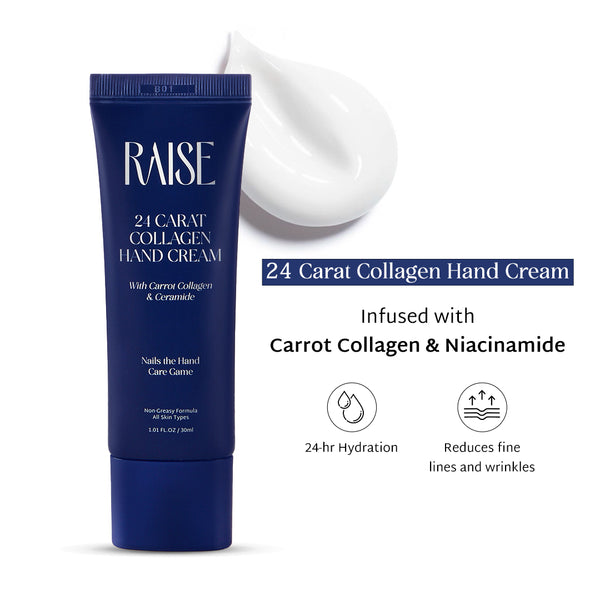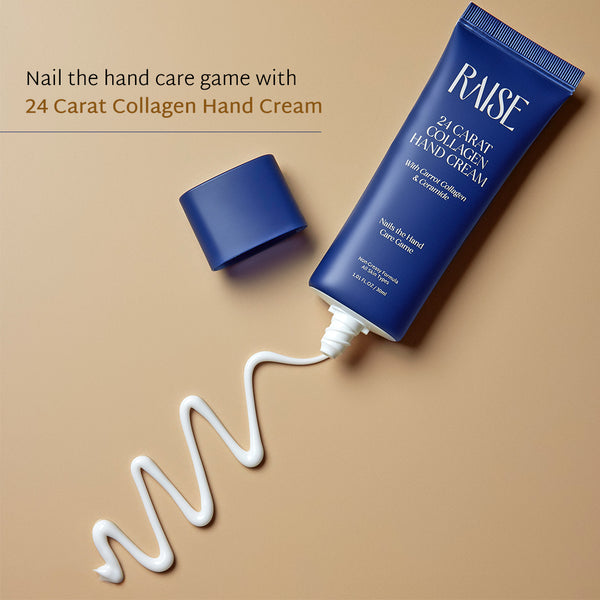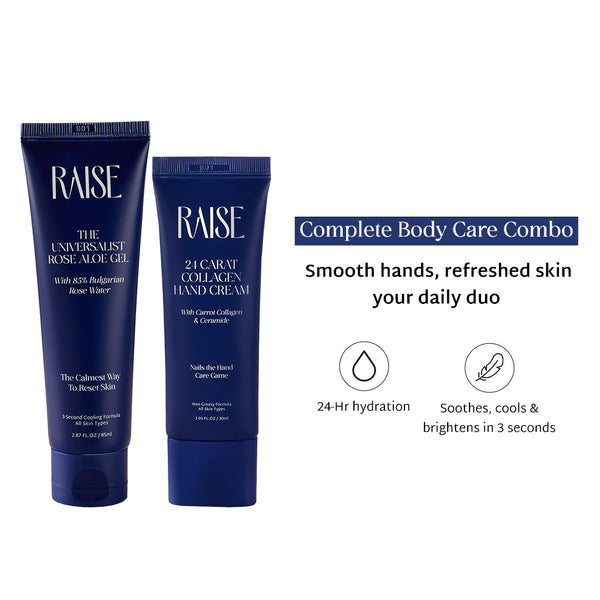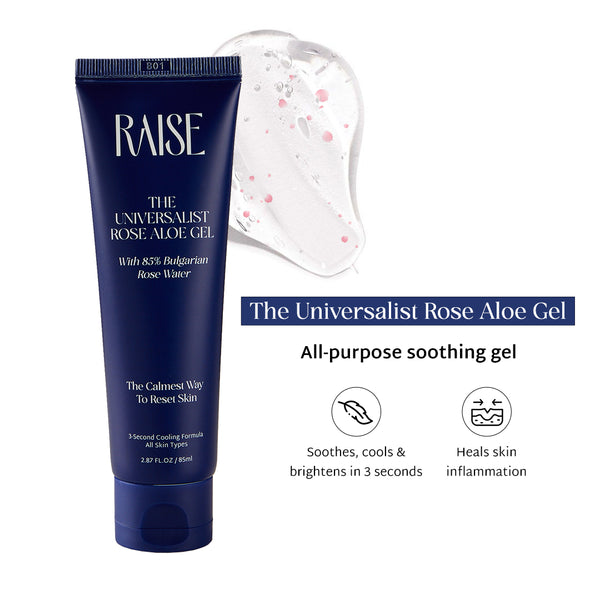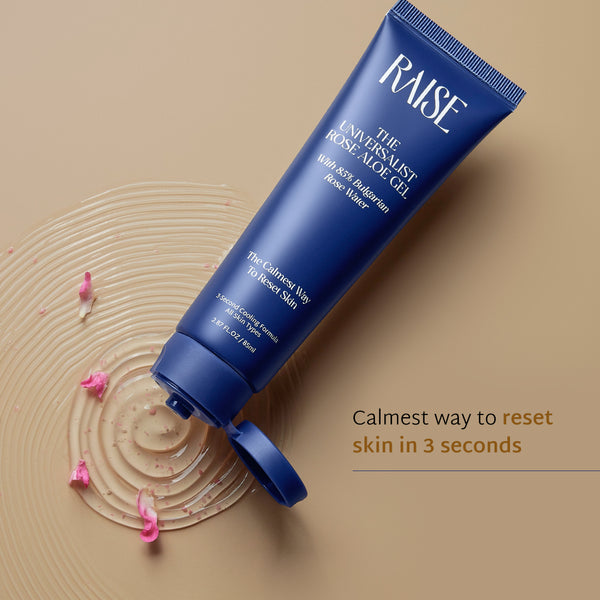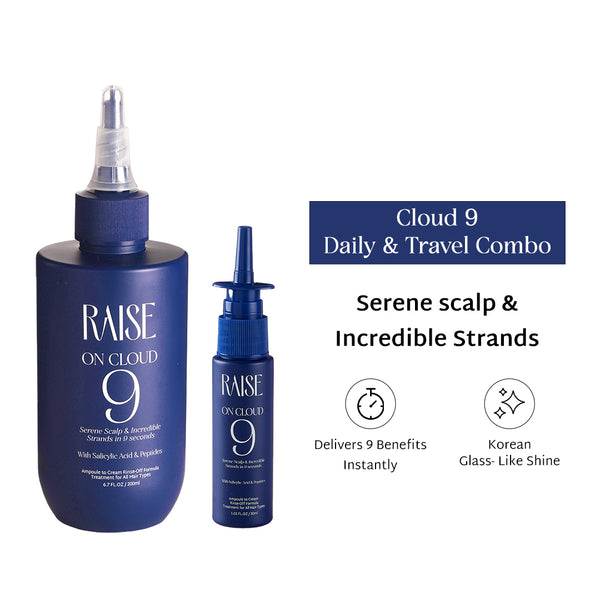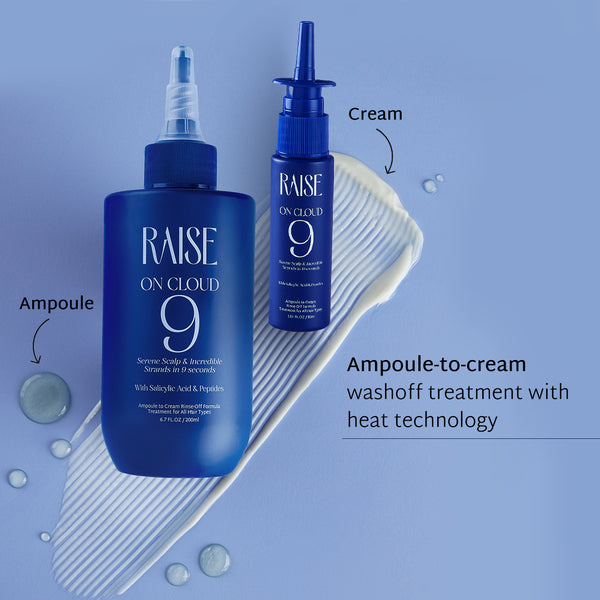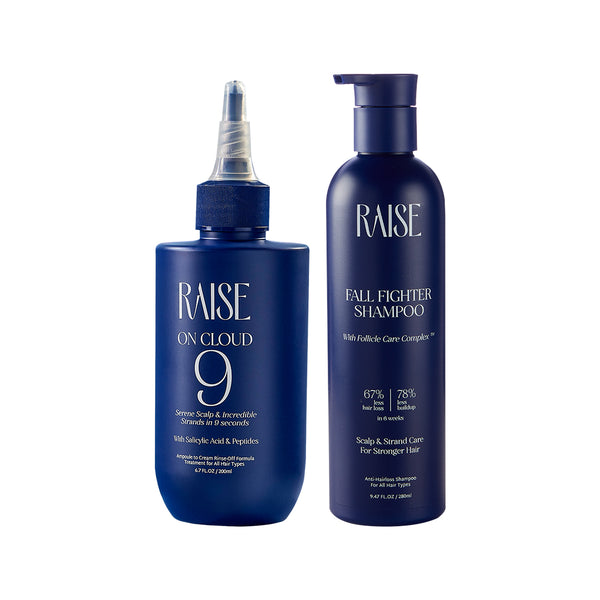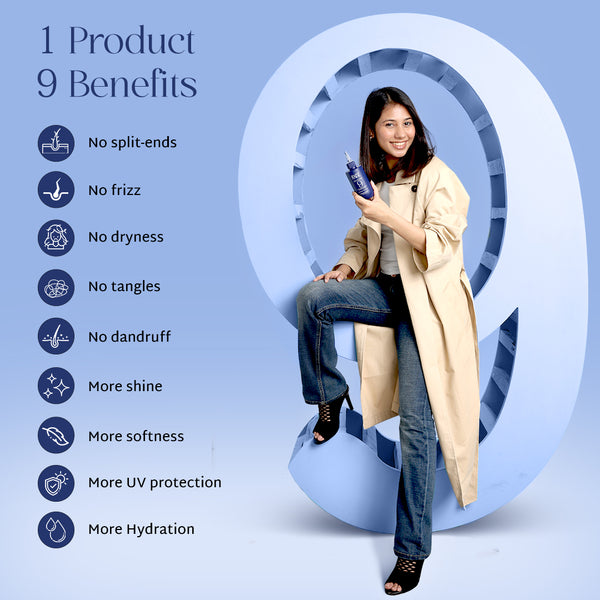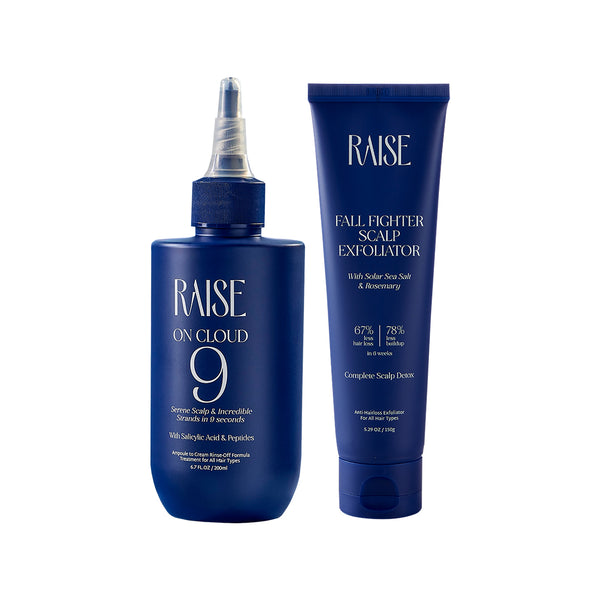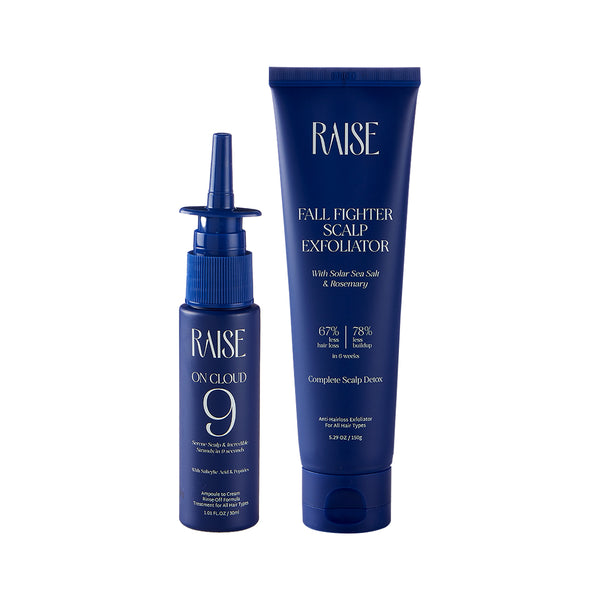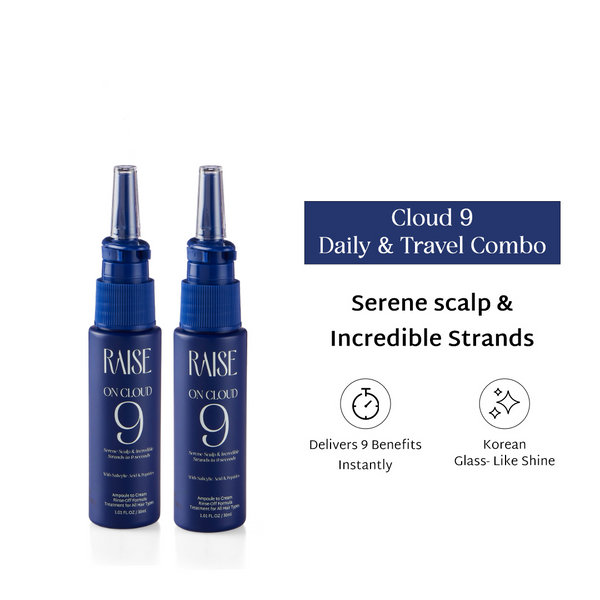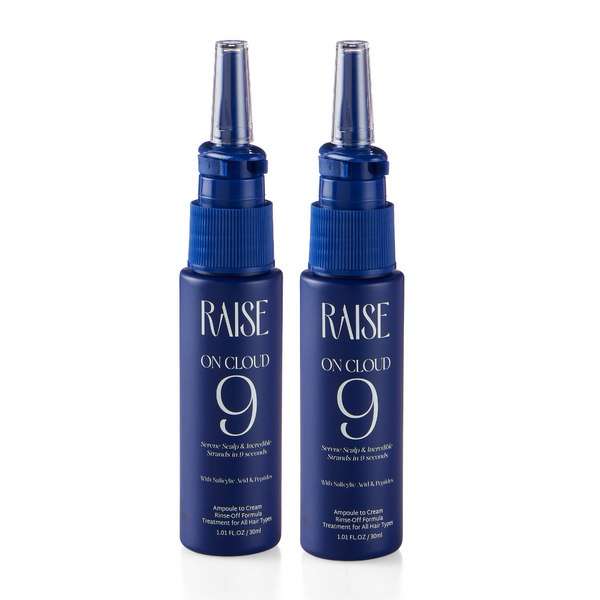Oily Scalp Fixes You Need to Know for Cleaner, Fresher Hair
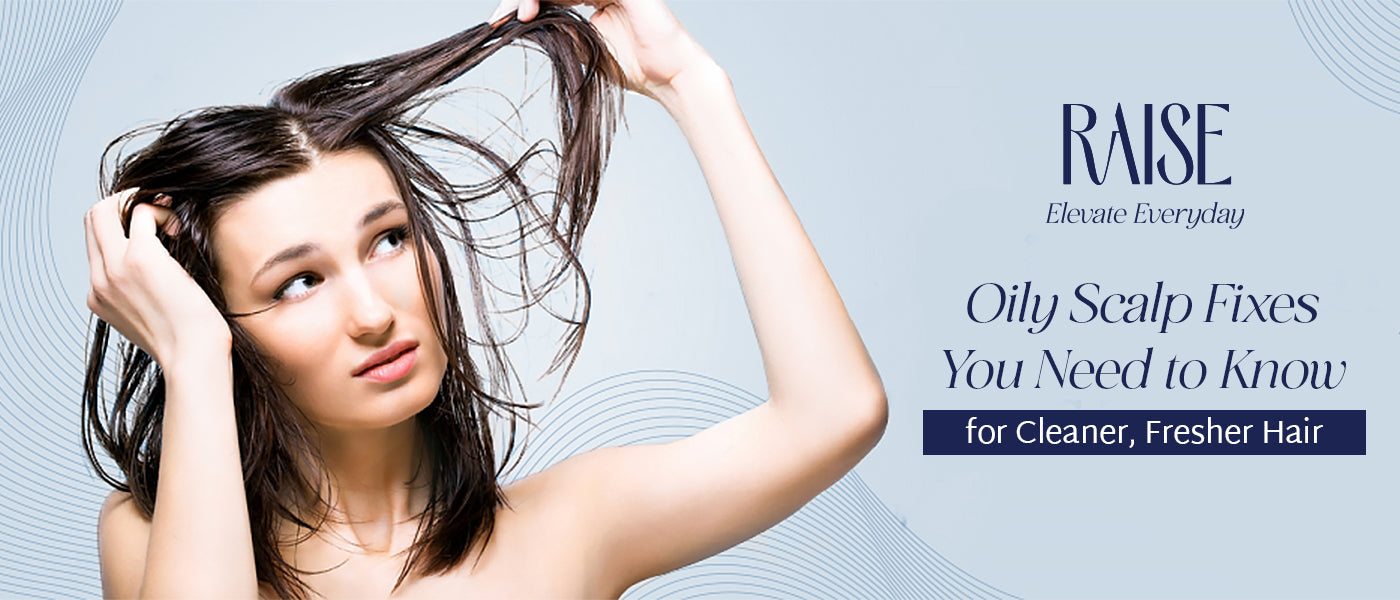
An oily scalp can be a persistent issue, leaving your hair feeling weighed down and greasy no matter how often you wash it. The good news? With the right hair care practices and targeted solutions, you can achieve a cleaner, fresher scalp that feels balanced and healthy. Here’s a comprehensive guide to combating an oily scalp for lasting results.
Understanding the Root Cause of an Oily Scalp
Before diving into solutions, it’s important to understand why your scalp produces excess oil. Sebum, the natural oil secreted by sebaceous glands, is essential for a healthy scalp and hair. However, factors like hormonal imbalances, over-washing, harsh hair products, and poor diet can trigger an overproduction of sebum, leading to an oily scalp. Identifying the cause helps you tackle the issue more effectively.
Effective Fixes for an Oily Scalp
1. Wash Your Hair the Right Way
- Choose the Right Shampoo: Using a shampoo specifically formulated for oily scalps is crucial. Look for products with ingredients like tea tree oil, which has antimicrobial properties, or salicylic acid, which gently exfoliates and removes excess oil.
- Avoid Overwashing: While it may seem logical to wash your hair more often to remove oil, overwashing can strip your scalp of essential moisture. This triggers the sebaceous glands to produce even more oil. Aim for washing your hair 2–3 times a week to maintain balance.
2. Condition Strategically
Applying conditioner to your scalp can make your roots appear greasy. Instead, focus on the mid-lengths and ends of your hair, where hydration is most needed. This prevents your scalp from becoming overly oily while keeping the rest of your hair soft and manageable.
3. Exfoliate Your Scalp Regularly
Just like your skin, your scalp benefits from exfoliation. A weekly scalp scrub can remove dead skin cells, product buildup, and excess oil. Use a gentle exfoliant that won’t irritate your scalp. Look for scrubs with activated charcoal, kaolin clay, or natural exfoliants like apricot kernels.
4. Opt for Dry Shampoo
Dry shampoo absorbs oil and refreshes your roots between washes. This product not only extends the time between washes but also adds volume to limp hair. Apply dry shampoo sparingly by spraying it about 6 inches away from your roots. Comb through your hair afterward for an even finish.
5. Avoid Overusing Hair Products
Styling products like heavy gels, mousses, or serums can weigh down your hair and worsen oiliness. Stick to lightweight sprays, mists, or leave-in conditioners that won’t clog pores. Using too many products at once can also make your hair feel sticky and heavy, so keep it simple.
6. Rinse with Apple Cider Vinegar
Apple cider vinegar (ACV) is a natural remedy for reducing oil and maintaining your scalp’s pH balance. Mix 1–2 tablespoons of ACV with water and use it as a rinse after shampooing. This remedy not only reduces oiliness but also leaves your hair shinier and softer.
7. Adjust Your Diet
What you eat plays a significant role in scalp health. Include omega-3 fatty acids from sources like fish or walnuts, zinc from seeds and nuts, and vitamin A from leafy greens to regulate oil production. Avoid consuming too much fried or processed food, which can exacerbate scalp issues.
8. Avoid Touching Your Hair
Constantly touching your hair can transfer oils and dirt from your hands to your scalp, making it greasier. This habit can also disrupt your hair’s natural texture and increase oil buildup at the roots. Tie your hair back or use hair accessories to keep it in place.
9. Stay Hydrated
Dehydration can cause your scalp to overcompensate by producing excess oil. Make sure to drink at least 2–3 liters of water daily to keep your scalp and hair hydrated from within. Proper hydration also supports overall scalp health and prevents dryness.
10. Use a Boar Bristle Brush
A boar bristle brush helps evenly distribute natural oils throughout your hair, preventing buildup at the roots. This technique not only balances oil production but also keeps your hair looking healthier and shinier. Brush gently to avoid damaging the scalp or hair strands.
Shop Premium Hair Care Products at Bounce Beauty
Bounce Beauty offers a curated selection of premium hair care products tailored for oily scalps. From clarifying shampoos to lightweight conditioners and scalp treatments, our collection is designed to help you achieve fresher, cleaner hair effortlessly. Explore our range and find the perfect match for your hair care routine.
Frequently Asked Questions
How do I prevent my scalp from getting oily?
Avoid overwashing, use lightweight products, and exfoliate your scalp weekly to maintain balance.
Can an oily scalp cause hair loss?
Excessive oil can clog hair follicles and lead to hair thinning over time. Maintaining a clean scalp is crucial for hair health.
How often should I wash my hair if I have an oily scalp?
It’s recommended to wash your hair 2–3 times a week with a shampoo specifically formulated for oily scalps. Overwashing can strip natural oils, causing the scalp to produce more oil.
Why does my scalp get greasy so quickly after washing?
This could be due to overwashing, using the wrong products, or hormonal imbalances that cause overproduction of sebum. Avoid heavy products and try balancing shampoos.
What styling products should I avoid with an oily scalp?
Avoid heavy creams, gels, and serums, as they can weigh down your hair and worsen oil buildup. Stick to lightweight products like sprays or mists.
Are there specific hair tools that help with an oily scalp?
Using a boar bristle brush can help distribute natural oils evenly across your hair, reducing buildup at the roots.
Can oily scalp issues lead to hair fall?
Yes, excessive oil can clog hair follicles, leading to dandruff and weakened roots, which may contribute to hair fall. Regular cleansing and proper care can help prevent this.

